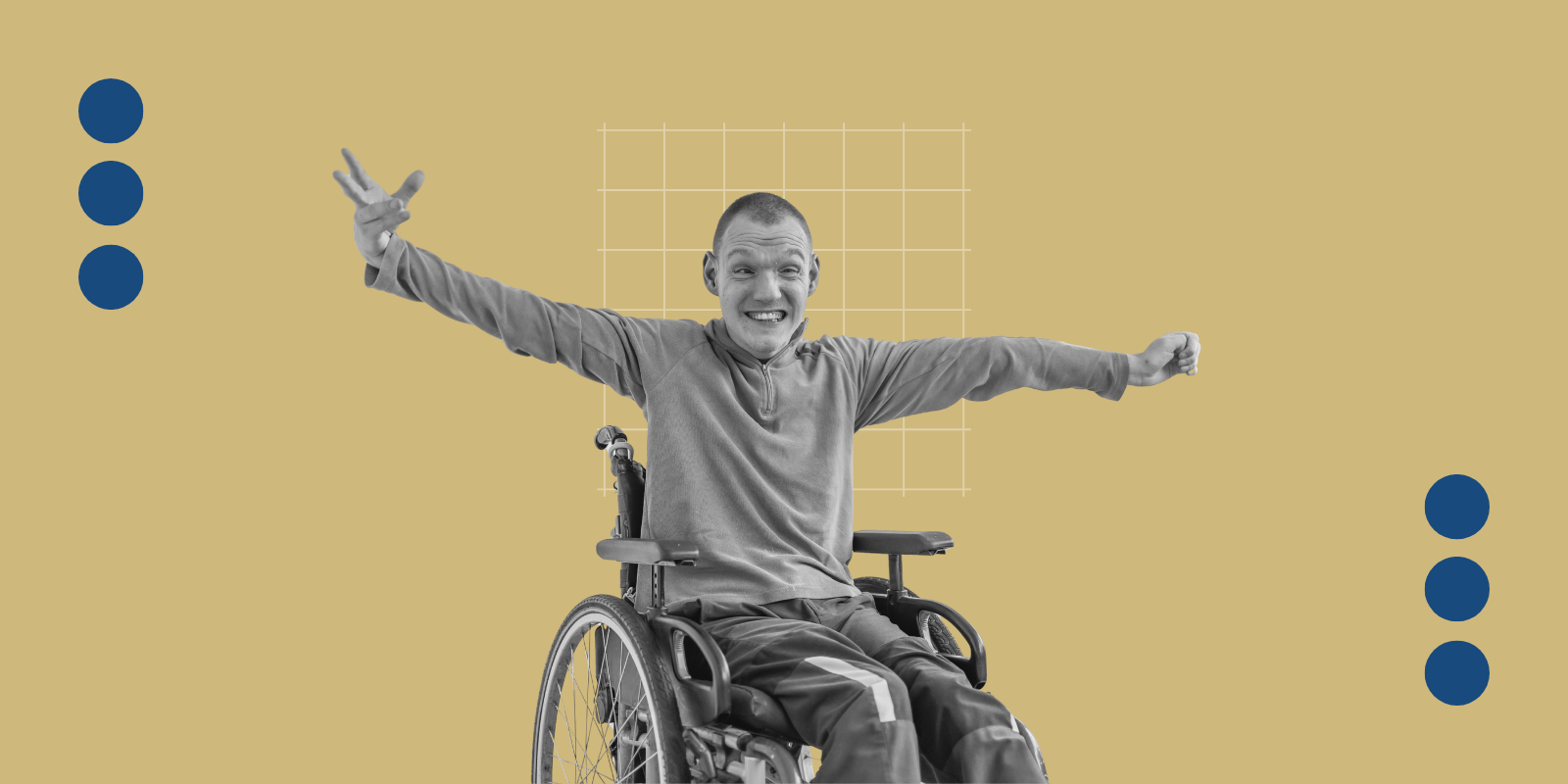Katy Trinkley isn’t surprised when clinicians bristle at the idea of adding alerts to the electronic health record. Alert fatigue is real. Yet her methods and desire to give clinicians the personalized information they need – when they need it – have piqued their interest in her work.
Katy is using a 5-year career development award, and her expertise as a clinical pharmacist, informaticist, and implementation scientist, to pilot a project that provides individualized support to clinicians when prescribing medications for heart failure.
Moving beyond one-size-fits-all
Typically, decision support in the electronic health record is one-size-fits-all for clinicians. The electronic health record (EHR) provides informational support for the average clinicians’ needs. Katy believes more personalized decision support will make the EHR more effective and acceptable.
“Currently we’re overwhelming people with information that may not be relevant to them. This study uses data that already exists in the EHR based on the individual clinician, and makes the decision support more precise based on this specific, unique information.”
Specifically, Katy’s work focuses on prescribing medications for heart failure. As a clinical pharmacist, she understands how a certain medication can benefit patients and improve outcomes. Yet she's also aware that common misconceptions exist that deter clinicians from prescribing these medications. For example, a common misconception about some of these medications is that they should not be prescribed to people with blood pressures on the lower end of normal. The current decision support tool in the EHR tells people that it's okay to prescribe when it's at the lower end of normal.
“But not everyone needs that information,” Katy said. “We’re using the data to look at each individual clinician’s prescribing data to see if they generally avoid a medication when blood pressure is on the lower end of normal. Then, if they generally do, we’ll present the decision support information to them.”
Real-world research aims to combat alert fatigue
The project is designed to support decision-making while remaining aware of the very real problem of alert fatigue.
“The alerts we are implementing are more digestible, with more salient information applicable to the individual clinician.”
Katy’s hypothesis is that clinical decision support tools based on the individual informational needs of a clinician will be more effective, both in terms of patient care and clinician wellbeing.
“We are actively collaborating with the people affected by the EHR to try to find ways to make it better for everyone in terms of less alert fatigue and burnout on the clinician, and also to ensure it helps support clinicians in making patient-centered decisions.”
ACCORDS team provides mentorship and collaboration support
Katy is currently in the first year of a five-year career development grant. Her research is supported by mentors and collaborators across the various cores of ACCORDS, including biostatistics and mixed methods. There are a lot of moving parts to this project, including a challenging technical build.
“There’s a lot of experimentation there, and discovery work,” she said. “I’m working with the UCHealth informatics team, and in parallel, my study team is applying behavioral economics to maximize the human computer interaction. We’re creating prototypes and getting feedback from clinicians through simulated usability testing.”
Once the project launches, two different clinical decision support alerts will be implemented system-wide. The first will be a traditional alert, and the second will be personalized based on the informational needs of the individual clinician. The randomized trial will take place in cardiology and primary care clinics.
“At the end, we’ll see if personalization leads to more effective prescribing decisions,” she said. “Once we have this data, we’ll do more interviews to better understand the provider experience and see what changes may need to be made.”
Exploring the potential beyond the 5-year project
Katy’s overarching goal is to help clinicians make better prescribing decisions and improve outcomes for patients based on the most up-to-date evidence for medications.
“I want to change the way we currently interact with the EHR,” she said. “I want to make it work for us. People distrust and don’t like the EHR, so I want to change that and flip it so that it's actually a valuable, useful tool that makes our jobs easier and improves patient care.”
If all goes as planned, Katy hopes personalized clinical decision support tools can be implemented across the EHR to improve quality care and outcomes across specialties.
“It’s challenging, but that’s the goal.”




